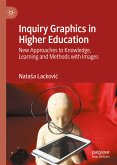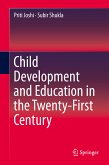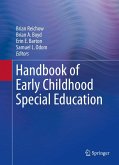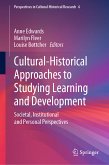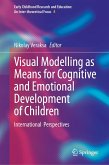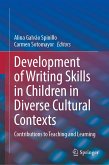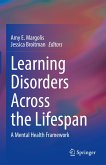This book fills a gap in early developmental psychology by providing a critical reconsideration of the status of artifact objects as protagonists of children's actions and communication. The main thesis explored in the book is that objects are part of the material culture; they have public functions and social meanings that are transmitted by the members of the community. Their meanings are not "naturally" given, and children are not born knowing what to do with objects. All chapters analyze and illustrate communication with parents, or with teachers and peers in the early-years school. The book also explores the status of action and uses of materiality in communicative situations with children on the autism spectrum. The book shows objects
coming alive in action and in communication, shaping the social foundations and early development of the human psyche. The book is intended for use by scholars and researchers in developmental psychology, teachers in early childhood education (mainly 0-3 years), undergraduate and postgraduate students in the fields of psychology and education, and sociocultural psychologists interested in early development.
Dieser Download kann aus rechtlichen Gründen nur mit Rechnungsadresse in A, B, BG, CY, CZ, D, DK, EW, E, FIN, F, GR, HR, H, IRL, I, LT, L, LR, M, NL, PL, P, R, S, SLO, SK ausgeliefert werden.



